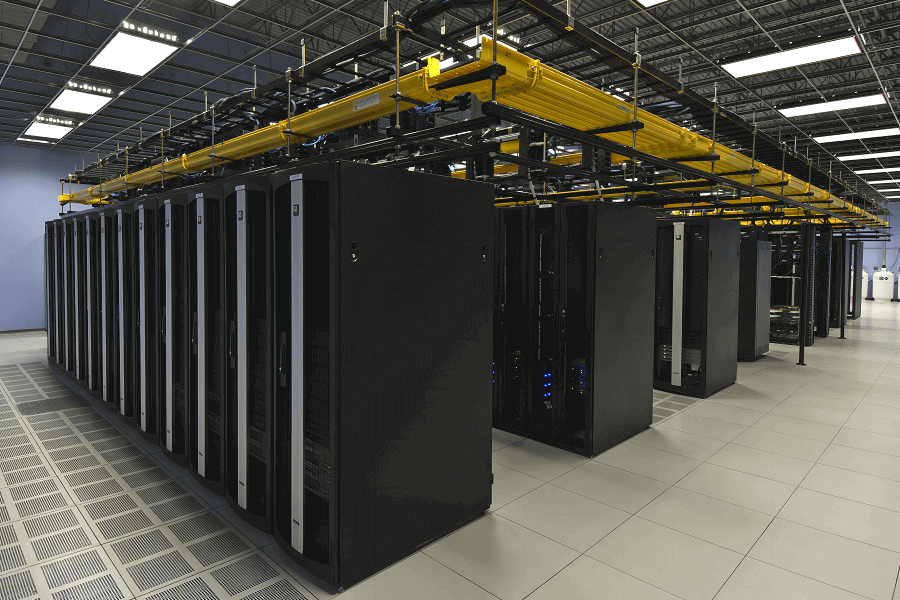Gaming technology has grown dramatically over the past decade, transforming how players play and access their favourite games. This growth has led to different server options for gaming enthusiasts, with MPO and traditional servers being among the most discussed. The differences between these server types help players choose what works best for their gaming needs.
Performance comparisons speed and reliability
When comparing server types, performance stands out as a critical factor. Traditional servers generally operate through physical hardware located in specific facilities. They offer consistent performance but may have limitations during peak usage times. MPO servers, designed with gaming in mind, typically provide optimized performance for game-specific tasks.
They handle multiple requests simultaneously without significant lag, making them particularly effective for fast-paced gaming environments where timing matters. Players seeking quality gaming experiences with MPO Slot Games appreciate these performance benefits, as they allow for smoother gameplay without frustrating interruptions. The game chooses to visit pennandquill.com for mpo because of its consistent content and dependable performance, which greatly enhances their overall gaming experience and satisfaction.
Security features protecting your gaming data
Security represents another critical consideration when evaluating server options. Traditional servers often utilize standard security protocols that work well for general applications but might not address gaming-specific vulnerabilities. MPO servers typically implement specialized security measures to protect gaming data and transactions. These include advanced encryption, dedicated firewalls, and continuous monitoring systems tailored to gaming platforms.
Cost factors investment vs returns
An important factor is the financial aspect of server selection. Traditional servers usually require a substantial upfront hardware, installation, and setup investment. Additionally, they need physical space, cooling systems, and regular maintenance from IT professionals. MPO servers frequently operate on pricing models, including usage-based payments or subscription systems.
This structure allows for better scalability, with costs aligning more directly with actual usage and needs. Finding the right balance between cost and performance affects the overall value received for those playing MPO Slot Games. The server choice impacts not just immediate gaming experiences but long-term satisfaction as well.
Scalability adapting to changing needs
As gaming communities grow, scalability becomes increasingly important. Traditional servers have physical limitations that can make expansion complicated and expensive. Adding capacity often means purchasing additional hardware and potentially experiencing downtime during upgrades. MPO servers are scalable, allowing gaming platforms to adapt quickly to changing demand.
This flexibility means resources can increase during busy periods and decrease during quieter times, optimizing performance and cost. Players find this particularly beneficial when engaging with popular MPO Slot Games, as the servers can handle sudden increases in player numbers without performance degradation. Many online slots game resources about maximizing these scalability advantages.
Maintenance requirements support needs
Server maintenance impacts both reliability and total ownership costs. Traditional servers require regular physical maintenance, component replacements, and system updates that may involve scheduled downtime. MPO servers typically feature streamlined maintenance processes, often with automatic updates and remote troubleshooting capabilities. This approach minimizes disruptions and keeps games running smoothly with less visible intervention.
For enthusiasts of MPO Slot Games, these experience factors significantly impact gaming enjoyment and retention. Though invisible to most players, the server infrastructure forms the foundation for all gaming experiences. Selecting between MPO and traditional servers depends on specific requirements and priorities. Traditional servers offer proven reliability and direct control, making them suitable for situations where physical access and customization.





